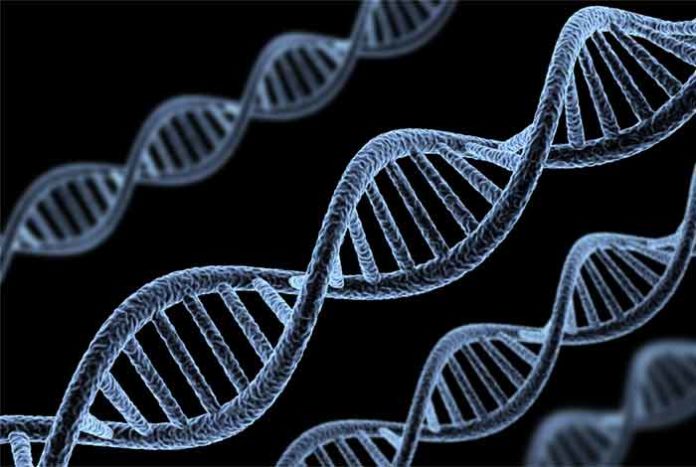
Scientists have recently identified 27 new genes out of more than 2000 tumors belong to 12 types of human cancer and these genes apparently have the ability to halt cancer.
And they could also create a newer way for much-needed treatments for cancer. Basically, when our cells in the body start growing and multiplying uncontrollably and form tumors, the condition is called cancer. A primary study by Jonas Demeulemeester and his fellow researchers from the Francis Crick Institute in the UK, recently published their results in a journal named Nature Communications.
As per the study, there are two forms of tumor suppressor genes found in the human cells and they are responsible to slow down the cell division and growth in order to prevent tumor formation. But whenever these tumor suppressor genes are removed through genetic mutations, it consequently raises the chances of cancer development.
In the process of tumor formation, both forms of tumor suppressor genes present in the cells must not be working well. Because, if even a single one is working well, it can efficiently produce the required proteins to decelerate the cell division and growth. This is why researchers find it a challenge to identify these abnormalities of tumor suppressor genes. Another challenge is that tumors contents usually are the combination of cancerous and healthy cells in different numbers, that makes it very critical to identify whether one or two tumor suppressor genes are missing in the cancer cells.
The researchers made a statistical model to determine the array of tumor suppressor genes. Then scientists applied this model to analyze the proportion of tumor suppressor genes in 2,218 tumors within 12 types of cancer, including lung, breast, ovarian, brain and colorectal cancer.
This model enables the researchers to identify the relative proportions of cancerous and healthy cells in tumors, which further helps in determining the tumor suppressor genes’ presence in the cell. It also helps in revealing the typical DNA footprint of tumor suppressor genes, which consequently resulted in assessing such genes through healthy gene mutations.
The scientists obtained 96 gene deletions from the tumors, 43 were tumor suppressor genes among them including 27, which were unknown earlier.
This discovery is very helpful and crucial in developing personalized treatments for cancer, in simple words the treatment that is devoted to the need of person’s suffering, depending on the genetic constituents of the tumor developed.
“Using this powerful toolkit, we’ve uncovered rare tumor suppressor genes that when lost in mutated cells, cause cancer. This could pave the way for the development of personalized cancer treatments” stated, Jonas Demeulemeester.




